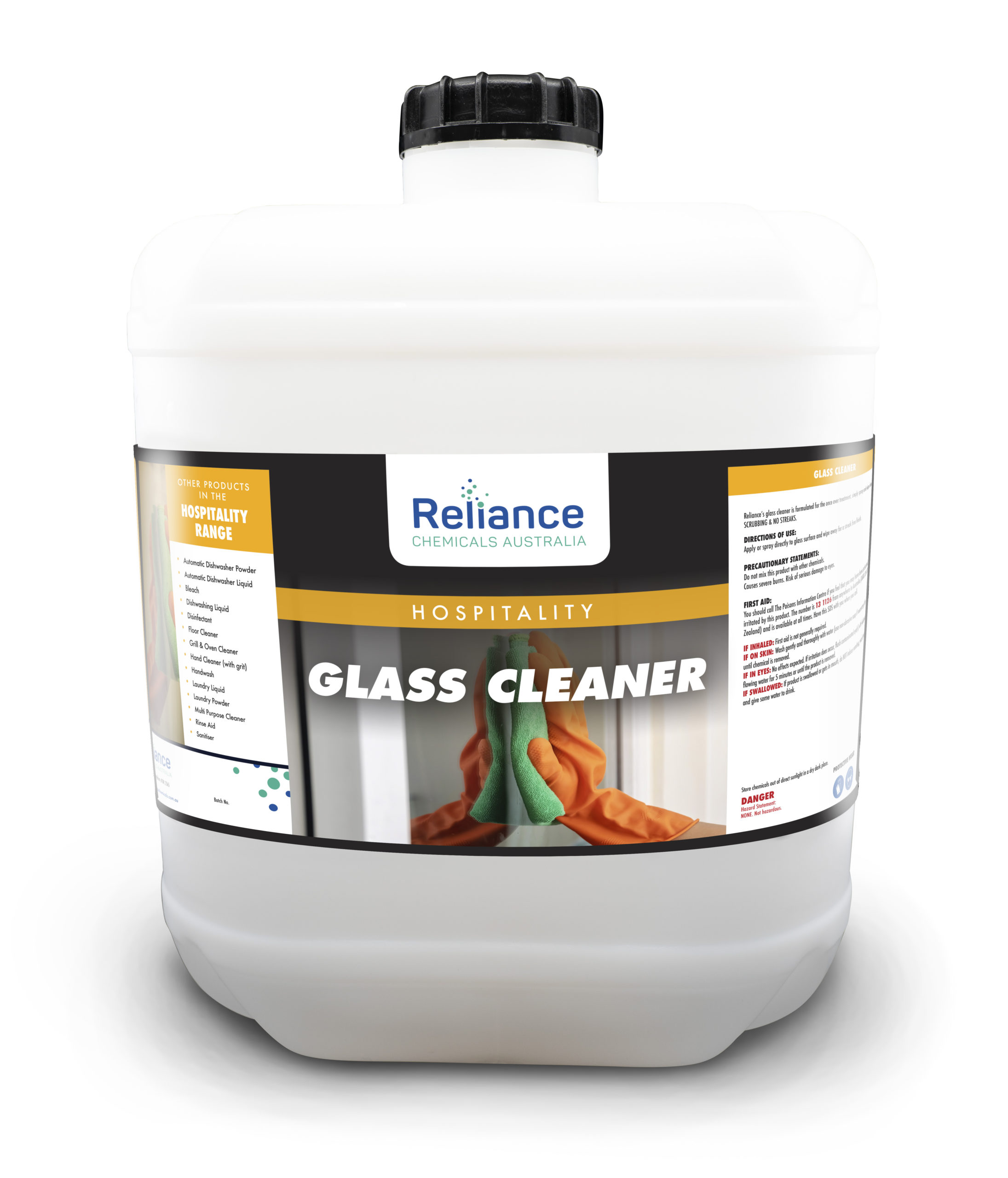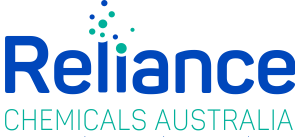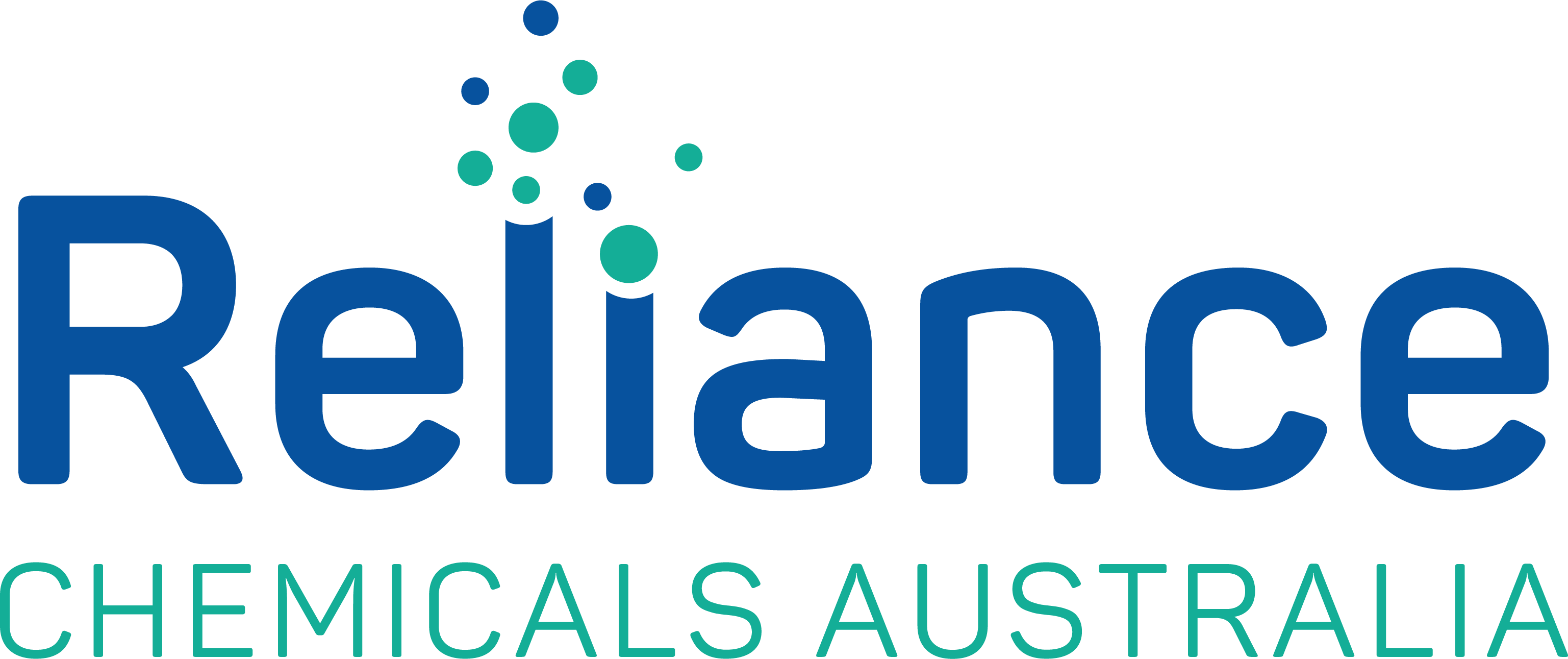
- by
- Industrial
Industrial Glass Cleaner- What You Need to Know
Introduction
From your home to office, glass is everywhere. And like every other wall, floor, or surface, glasses get dirty too. When it gets messy, an industrial glass cleaner might lend you a hand.
And to help you select the right cleaner, we brought all the pieces together. We added brief information about all the ingredients and types of chemicals you need to know about.
So, shall we check them out?
Types of Industrial Glass Cleaner
The vast competition between manufacturers is a common scenario. Some wish to make a difference. And the others focus on the sales.
However, most of the chemicals have a common set of raw materials mixed in them.
But there’s a twist.
You can’t really see what the chemicals are doing on the surface after application. According to their action on the glass surface, they are placed into two categories-
Surfactants
These types of chemicals break the bond of the dirt by surrounding them. They are just helping you to wash away the dirt. Mostly, it’s ammonia that is doing the job.
Solvent
Solvents are a bit rougher than the surfactants. Unlike the surfactants, they directly attack the molecules of the dirt destroying the contaminations.
Solvents create a chemical reaction on the surface to remove the dirt. All you will need is proper rinsing after the reaction takes place.
The Raw Ingredients
Every chemical supplies come with labelling. The same goes for an industrial glass cleaner. You will find out all the raw material and other ingredients in the labelling.
However, it is important to learn about the raw materials you will be dealing with. It is for the safety of you and your glass. So, let’s check them out-
Ammonia
As you already know that ammonia is a surfactant, it has high popularity too. At the same time, it has several non-supporters.
You see, the supporters find it quite effective as it cleans the glass surface fast. But the non-supporters state that ammonia is harmful to the surface.
Nitrogen-based compounds like ammonia are highly water-soluble and it takes time for them to dry. But the cleaning power is never questioned. That’s the best part about it.
Ammonium
Well, it’s not ammonia. Ammonia and ammonium are completely different chemicals with the same origin. Still, confused?
Well, ammonium has a higher boiling point than ammonia. But both of them are water-soluble.
However, cleaning solutions with ammonium is more safer than ammonia-based ones. It’s because of the difference they create to the pH level of the cleaner.
Butoxyethanol
Butoxyethanol or butyl glycol is a colourless ingredient found in all kinds of famous glass cleaners. It gives off a distinct sweet smell. But it ain’t a soft like it smells.
Butyl glycol is a mild surfactant that is powerful enough to deal with any dirt on the glass surface. This features makes the ingredient highly demandable in the market.
However, it’s also hazardous to the environment if used in large amount. So, don’t underestimate it.
Chlorine
Chlorine is a famous agent for general cleaning and purifying water. Many fountains and swimming pools are often full of chlorine water. Moreover, the public water administration supply the chlorine water.
Because of its high purifying capability, it works beautifully as a surface cleaner. It takes care of all the microscopic bacterias that you can’t see with your bare eyes. That’s why choosing a cleaner with chlorine is a wise decision.
Isopropyl Alcohol
Isopropyl alcohol is known in various names; isopropanol, rubbing alcohol, iso. This strong solvent has a great name among people for its amazing cleaning ability. It can dissolve any dirt without an issue.
But it can be harmful if you get in contact. To make it safer for use, it’s often mixed with water. It’s often used to purify medical settings.
Just like its strong cleaning ability, rubbing alcohol has its distinct strong odour. It also has a low gas point which makes it perfect for cleaning the glass surface.
Fragrances
Almost every cleaning product in the market has fragrances added to it. Fragrances create a better user experience. And that is why the manufacturers use fragrances.
Moreover, these fragrances reduces all the other harsh odours in the solution. The origin of the fragrances are natural plants. They are totally environment friendly.
However, some chemicals use chemical fragrances. They contain an element named phthalates. Some manufacturers add this synthetic chemical to enhance the odour of the solution.
Sodium Hydroxide
Who won’t love a little boost while cleaning dirts? Well, sodium hydroxide can be that boost in your glass cleaner. This caustic solvent is a great advantage when fighting with tough oil, dirt or grease.
So, read the label of the cleaner before buying. And if you see sodium hydroxide there, that might be useful for you today.
Why Not Move to Natural Solution?
Well, moving to the natural ingredients is the wisest decision. But you need to consider your situation too.
You see, an industrial glass cleaner can make the cleaning process easier. It can save you a lot of time. Moreover, you won’t even need to worry about tough stains or dirt.
On the other hand, natural solutions might take some time and a lot of effort. In most cases, they can’t even provide anywhere near the outcome that industrial glass cleaners provide.
But, at the end of the day, it’s your call.
Conclusion
Different person has a different perspective on an industrial cleaner. But as we said before, it depends on the situation you’re dealing with. With what we have offered, selecting a quality industrial cleaner won’t be an issue for you. So, grab the keys and get them today.

